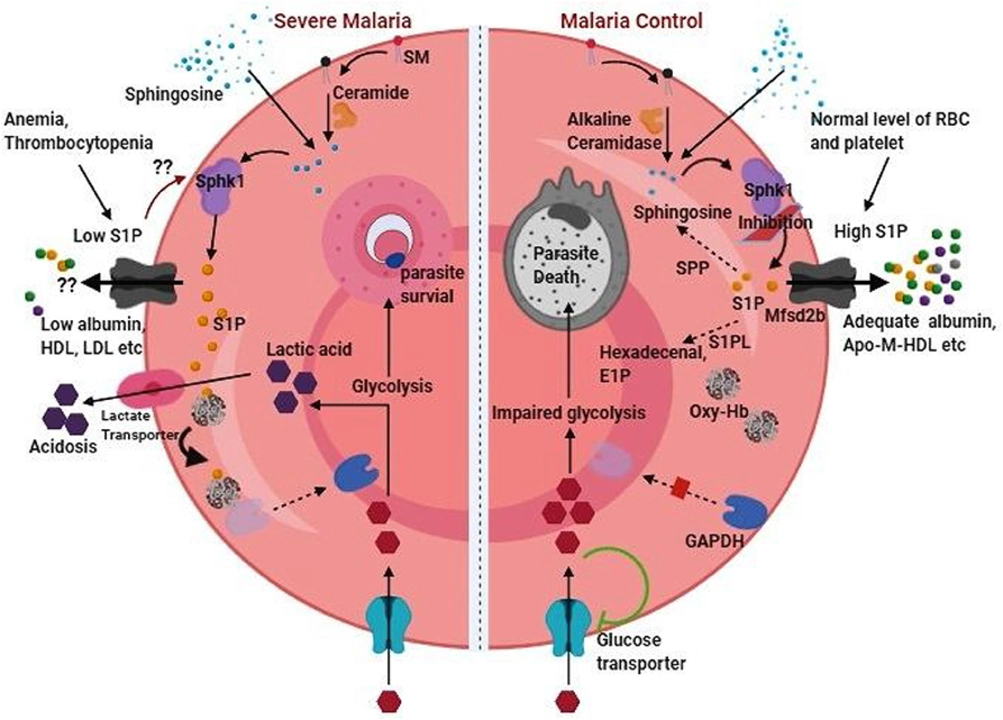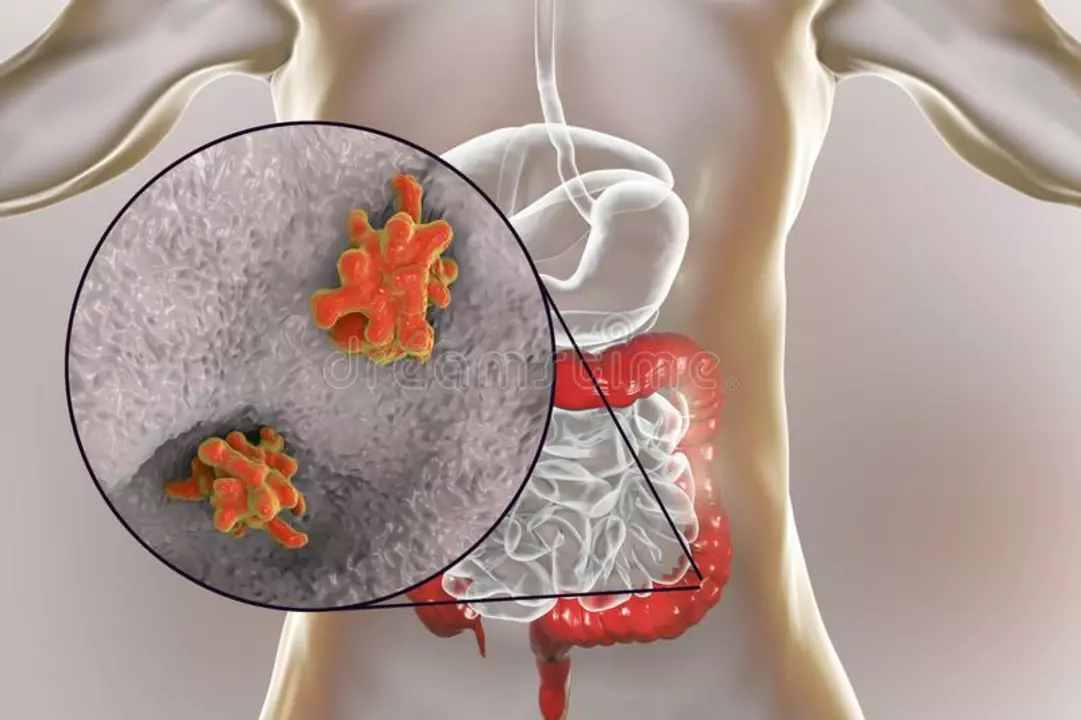May 2023 Pharmacy Blog Archive – What We Covered
May was a busy month on Pharmadoctor. We dug into how a bladder drug can help you sleep better, traced the roots of a key Parkinson’s medicine, and even looked at whether going gluten‑free might affect bone health. If you’re curious about real‑world drug tips or want quick lifestyle hacks, keep scrolling.
Sleep, Bladder Health & Nighttime Comfort
One standout post explored Bethanechol’s effect on nocturia – the urge to pee at night. The writer shared a recent study showing that the medication can cut down nighttime trips, letting people enjoy deeper sleep. They suggested talking to your doctor if nightly bathroom breaks are ruining your rest.
Another article linked acid reflux with persistent coughing. It explained how stomach acid can irritate the throat and airways, causing coughs even without classic heartburn. Managing GERD with diet changes or meds could ease that annoying cough.
Chronic Conditions, Supplements & Everyday Hacks
The history of Carbidopa‑Levodopa got a deep dive, walking us from the 1960s discovery of Levodopa to the 1970s addition of Carbidopa. The piece highlighted how that combo still powers Parkinson’s treatment today and why ongoing research matters.
We also warned about fluvoxamine’s interactions with common supplements. Mixing it with St. John’s Wort can blunt its antidepressant effect, while pairing it with 5‑HTP may trigger serotonin syndrome – a serious condition. The takeaway? Always check with a healthcare pro before adding new supplements.
Nutrition and herbs got their spotlight too. One post praised coriander as a hidden dietary supplement hero, noting its digestion aid, anti‑inflammatory vibe, and blood‑sugar benefits. Another examined whether a gluten‑free diet could lead to vitamin D deficiency and raise rickets risk, urging those on the diet to monitor bone‑supporting nutrients.
Beyond meds, we covered coping strategies for emphysema, tips for joint health in cold weather, and how climate change might spread skin parasites. Each piece offered practical steps – from staying active and hydrated to dressing warmly and joining support groups.
If any of these topics hit close to home, the May archive has a quick read ready. Grab the insight you need, then chat with your doctor or pharmacist to tailor it to your situation.
I recently came across a study that examined the impact of Bethanechol on sleep quality and nocturia. It turns out that this medication can actually improve sleep quality by reducing the frequency of nighttime urination. Nocturia, or the need to urinate during the night, can be a major disruptor of a good night's sleep. So, by addressing this issue, Bethanechol has the potential to make a significant difference in our overall sleep experience. If you suffer from nocturia, it might be worth discussing the use of Bethanechol with your healthcare provider to see if it could benefit your sleep quality.
As a blogger, I recently delved into the fascinating history of Carbidopa-Levodopa, a groundbreaking medication in the treatment of Parkinson's disease. The journey began in the 1960s when Levodopa was first discovered as an effective treatment for Parkinson's symptoms. However, it was not until the 1970s that Carbidopa was added, significantly enhancing the efficacy and reducing the side effects of Levodopa. Over the years, the combination of Carbidopa-Levodopa has undergone numerous modifications, improving the lives of countless individuals suffering from this debilitating condition. Today, Carbidopa-Levodopa remains a cornerstone in Parkinson's disease management, and its rich history serves as a testament to the importance of continued research and innovation in medical science.
In my recent research, I stumbled upon an interesting topic that raises the question of whether there is a link between rickets and the gluten-free diet. Rickets, a bone disorder caused by a deficiency of vitamin D, calcium, or phosphate, can lead to weak and soft bones in children. Gluten-free diets have become popular for various reasons, including celiac disease and gluten intolerance. However, some studies suggest that following a gluten-free diet may lead to vitamin D deficiency and contribute to the development of rickets. Further research is needed to better understand this potential connection, but it's important for those on a gluten-free diet to ensure they're obtaining adequate levels of essential nutrients to maintain their bone health.
In my latest research, I came across some important information regarding the interactions between fluvoxamine, a common antidepressant, and various nutritional supplements. It's crucial for people taking fluvoxamine to be aware of these interactions, as they can significantly impact the effectiveness of the medication. Some supplements, like St. John's Wort, can actually decrease fluvoxamine's effectiveness, while others, like 5-HTP, can lead to a dangerous condition called serotonin syndrome. To ensure safety and maintain the desired effects of fluvoxamine, it's essential to consult with a healthcare professional before adding or changing any nutritional supplements. Stay informed and take care of your mental health!
I've recently discovered the amazing benefits of coriander, which is quickly becoming my new secret weapon in the dietary supplement world. Coriander is not only a tasty herb to add to meals but also packed with numerous health benefits, such as improving digestion, reducing inflammation, and lowering blood sugar levels. As a blogger, I'm always on the lookout for natural and effective additions to my daily routine, and coriander has definitely made the cut. If you haven't tried incorporating coriander into your diet, I highly recommend giving it a go. Trust me, your body will thank you for embracing the power of this fantastic little herb!
As a blogger, I cannot stress enough the crucial role Non-Governmental Organizations (NGOs) play in combating malaria. These organizations work tirelessly to raise awareness, provide resources, and implement preventive measures in areas most affected by this deadly disease. Furthermore, NGOs collaborate with local communities and governments to ensure a comprehensive approach to tackling malaria. Additionally, they are instrumental in conducting research and advocating for better policies to support malaria eradication efforts. In summary, NGOs are invaluable in the fight against malaria, making a significant impact on saving lives and improving global health.
As a blogger, I have recently been researching the impact of climate change on the spread of skin-dwelling parasites. It turns out that rising temperatures and humidity levels create a more favorable environment for these parasites to thrive, potentially leading to an increase in their prevalence. Additionally, climate change can cause shifts in parasite-host relationships, potentially exposing new populations to these parasites. This issue highlights the importance of not only addressing climate change, but also investing in measures to control and prevent the spread of skin-dwelling parasites. In conclusion, the consequences of climate change are vast and far-reaching, and we must take action to protect our health and the environment.
Emphysema can be a challenging condition to live with, but I've found several strategies to help cope with it in my daily life. First, I focus on maintaining a healthy lifestyle by eating well, exercising, and staying up-to-date with vaccinations. I've also learned the importance of managing stress and practicing relaxation techniques to help with shortness of breath. Additionally, I make sure to take my medications as prescribed and stay in close contact with my healthcare team. Lastly, joining a support group has been very helpful in connecting with others who understand what I'm going through.
In my recent research, I discovered a hidden connection between amebiasis and mental health. Amebiasis, a parasitic infection, can potentially impact our mental well-being due to its influence on the gut-brain axis. This connection is essential as our gut plays a crucial role in regulating our emotions and cognitive functions. It's vital for us to be aware of this link and take preventive measures to maintain good gut health. By doing so, we can not only prevent amebiasis but also safeguard our mental health.
I recently came across an interesting connection between acid reflux and coughing. It turns out that acid reflux, or GERD, can actually lead to a persistent cough as stomach acid irritates the throat and airways. This can even happen in cases where a person doesn't experience the typical heartburn symptoms. It's essential for those suffering from a chronic cough to consider acid reflux as a possible cause and speak to their healthcare provider about potential treatments. Managing acid reflux could potentially alleviate the coughing issue and improve overall quality of life.









